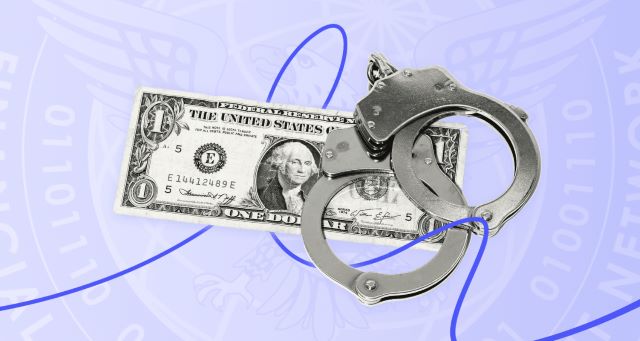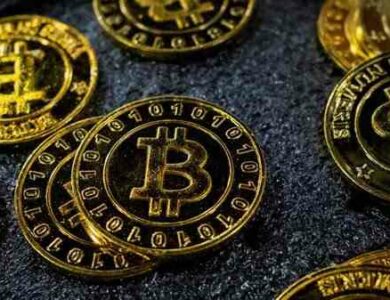Demystifying Money Laundering: Understanding the Illegal Process of Cleaning Dirty Money

Money laundering, a term often associated with crime and corruption, can seem complex and shrouded in mystery. This article aims to demystify this process by providing a clear and comprehensive understanding of what money laundering is, how it works, why it’s illegal, and its impact on society.
What is Money Laundering?
In simple terms, money laundering is the process of making “dirty” money appear legitimate. This “dirty” money typically originates from illegal activities such as drug trafficking, arms dealing, corruption, and tax evasion. Money launderers aim to disguise the source of this illicit income and integrate it into the legitimate financial system.
How Does Money Laundering Work?
Money laundering typically involves three stages:
1. Placement: This stage involves physically introducing the “dirty” money into the financial system. This can be done by making small cash deposits, purchasing money orders or cashier’s checks, or investing in high-value assets like jewelry or real estate.
2. Layering: This stage aims to further distance the “dirty” money from its source by engaging in a series of complex financial transactions. This can include transferring funds through multiple bank accounts in different countries, using shell companies to obscure ownership, and investing in financial instruments like derivatives.
3. Integration: This final stage involves integrating the “laundered” money back into the legitimate economy. This can be done by using the “clean” money to purchase real estate, invest in businesses, or fund personal expenses.
Why is Money Laundering Illegal?
Money laundering is illegal for several reasons:
- It fuels crime: By providing a way for criminals to profit from their illegal activities, money laundering encourages further criminal activity and undermines the rule of law.
- It destabilizes economies: The large amounts of illicit funds entering the financial system can distort economic activity, leading to inflation and financial instability.
- It undermines trust in financial institutions: When financial institutions are used to launder money, it erodes public trust and confidence in the entire financial system.
- It funds terrorism and organized crime: Money laundering provides a lifeline for terrorist organizations and criminal groups, enabling them to finance their activities and spread their influence.
How is Money Laundering Prevented?
Governments and financial institutions have implemented various measures to combat money laundering:
- Anti-money laundering (AML) regulations: These regulations require financial institutions to identify and report suspicious transactions to authorities.
- Customer due diligence (CDD): This process involves verifying the identity and source of funds of clients before opening accounts or conducting transactions.
- Know your customer (KYC) rules: These rules require financial institutions to obtain and maintain accurate information about their customers, including their identity, address, and source of income.
- International cooperation: Countries have established international agreements and organizations to share information and work together to combat money laundering.
Impact of Money Laundering
Money laundering has a significant impact on society, including:
- Economic damage: It can lead to financial instability, distort economic activity, and deprive governments of tax revenue.
- Social harm: It can fuel crime, corruption, and violence, and contribute to the spread of drugs and terrorism.
- Loss of trust: It can erode public trust in financial institutions and undermine the integrity of the financial system.
Money laundering is a complex and serious issue that poses significant threats to society. Understanding how it works and why it’s illegal is crucial for raising awareness and taking action to combat this harmful activity. By working together, governments, financial institutions, and individuals can play a vital role in preventing money laundering and safeguarding the integrity of the global financial system.







